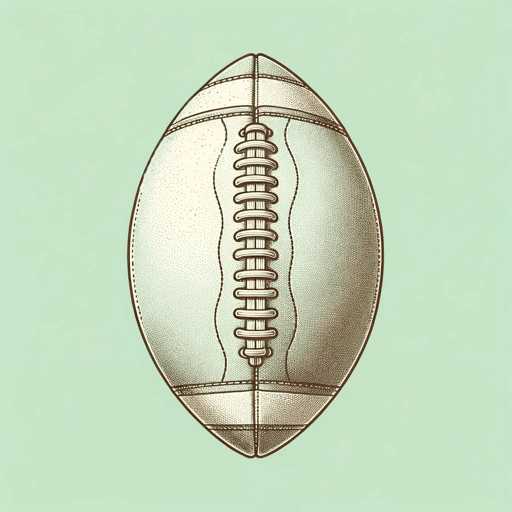47 pages • 1 hour read
Steve SheinkinKing George: What Was His Problem?
Nonfiction | Book | Middle Grade | Published in 2005A modern alternative to SparkNotes and CliffsNotes, SuperSummary offers high-quality Study Guides with detailed chapter summaries and analysis of major themes, characters, and more.
Important Quotes
“Grenville felt that the thirteen colonies owed Britain the money. As he put it: ‘The nation has run itself into an immense debt to give them protection; and now they are called upon to contribute a small share towards public expenses.’”
(Chapter 1, Page 3)
Grenville argued that the 13 colonies should pay Britain because the nation had incurred a huge debt to protect them. He reasoned that it was only fair for the colonies to contribute a “small share towards public expenses.” This statement uses logic (logos) to justify taxing the colonies, framing it as a reasonable request rather than oppressive. This perspective highlights the conflict between British expectations and colonial resistance. The phrase “a small share” minimizes the financial burden, contrasting with the colonists’ view of unjust taxation without representation.
“What greater joy did New England see, than a stamp man hanging on a tree.”
(Chapter 1, Page 5)
This verse captures the intense resentment and defiance against the Stamp Act in New England. The juxtaposition of “greater joy” with the grim image of a “stamp man hanging on a tree” employs dark humor, illustrating the extreme measures colonists were willing to consider in their protest of British taxation. The rhyme and rhythm of the verse make the message memorable, effectively communicating the extent of colonial dissent and the seriousness of their resolve to resist British policies perceived as unjust.
Related Titles
By Steve Sheinkin

Bomb: The Race to Build—and Steal—the World's Most Dangerous Weapon
Steve Sheinkin

Lincoln's Grave Robbers
Steve Sheinkin

Most Dangerous: Daniel Ellsberg and the Secret History of the Vietnam War
Steve Sheinkin

The Notorious Benedict Arnold
Steve Sheinkin

The Port Chicago 50: Disaster, Mutiny, and the Fight for Civil Rights
Steve Sheinkin

Undefeated: Jim Thorpe and the Carlisle Indian School Football Team
Steve Sheinkin

